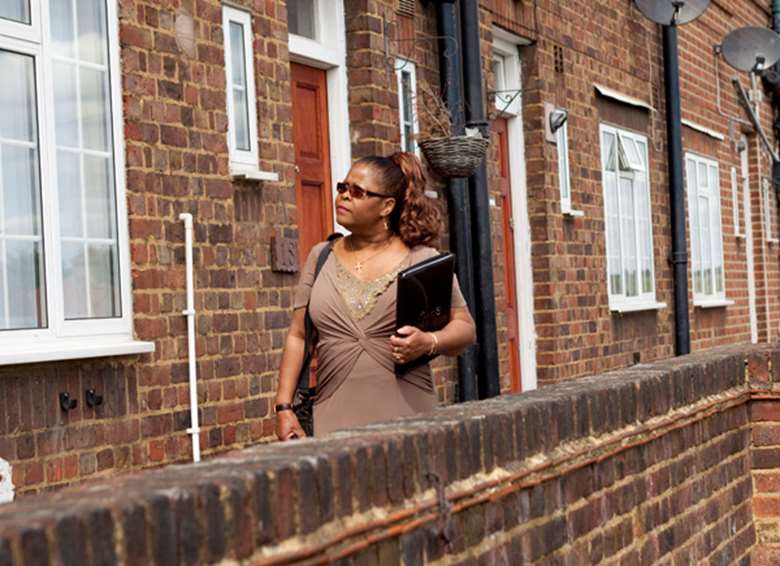Deprived areas set for health visitor funding boost
Neil Puffett
Friday, October 9, 2015
Disadvantaged areas will receive additional funding to carry out their new public health responsibilities under proposals to make the system fairer.

Councils took on responsibility for the 0-5 Healthy Child Programme, which includes health visiting services and Family Nurse Partnership services for teenage mothers, at the start of this month.
Funding for up until the end of the current financial year (covering the period October 2015 to March 2016) was provided out on a “lift and shift” basis, meaning each council got the same as their local NHS service would have received under previous funding arrangements.
Total funding for the six-month period is £428m.
Under plans to make the system fairer, the Department of Health’s Advisory Committee on Resource Allocation (ACRA) has proposed a new funding system be adopted for 2016/17.
The new system will be based on three factors: the number of under-fives in the local authority area; levels of deprivation; and estimated amount of travelling time for health visitors to get to appointments.
The consultation document states that resources for public health for under-fives are “targeted towards families with higher need and vulnerable first-time mothers”.
"ACRA propose that there should be an adjustment for this relatively higher need, which is likely to be aligned with more deprived areas," it adds.
The document states that ACRA favours using the “children in low-income households” measure, which is defined as the proportion of under 16-year-olds living in families in receipt of out-of-work benefits or tax credits where their income is less than 60 per cent of median income
However the document does state though that there are "a number of issues” with the preferred measure.
"It is a binary measure; children are classified as being in poverty or not, and no account is taken of the depth of poverty of those in poverty which may vary between areas,” the consultation document states.
"The definition of children in low-income households is to be replaced and the measure will also be affected by changes to the benefits system.
"However, despite these issues ACRA currently views children in low-income households as preferable to other measures."
The other measures considered were the proportion live births at term that are low birth weight and the number of births to women aged under 20, as well as numbers of children in need of support from social services and children in need of safeguarding and subject to a child protection plan.
The document states that Public Health England suggested the children in low-income households receive three times more funding than children not in low-income households.
“Others have suggested a higher ratio, such as 5:1. At this stage however they are proposing a ratio of 4:1 as reflecting a central position given the advice they have received,” the document states.
"ACRA would welcome further advice on the weights, which will be a matter of judgment, before reaching its final recommendations.”
Another factor being taken into account is “sparsity” – relating to the size and density of population of an area.
“Sparsity may create unavoidable differences in the costs of providing some 0-5 children’s public health services between local authorities, in particular where health visitors travel for home visits,” the document states.
“Travel time is likely to be longer in sparsely populated areas, and possibly major conurbations.”
Based on estimates of average travel time per visit the lowest were London boroughs including Hackney, Tower Hamlets, Hammersmith and Fulham and Newham. Conversely, Herefordshire, North Yorkshire, Northumberland and Devon were among the authorities with the longest travel times.
Overall, the document states that the impact of the proposed changes is “almost universally positive” for councils that are rated as the most deprived on the English indices of deprivation 2010.
The consultation runs until 6 November 2015, with an announcement being made by January 2016 at the latest.




